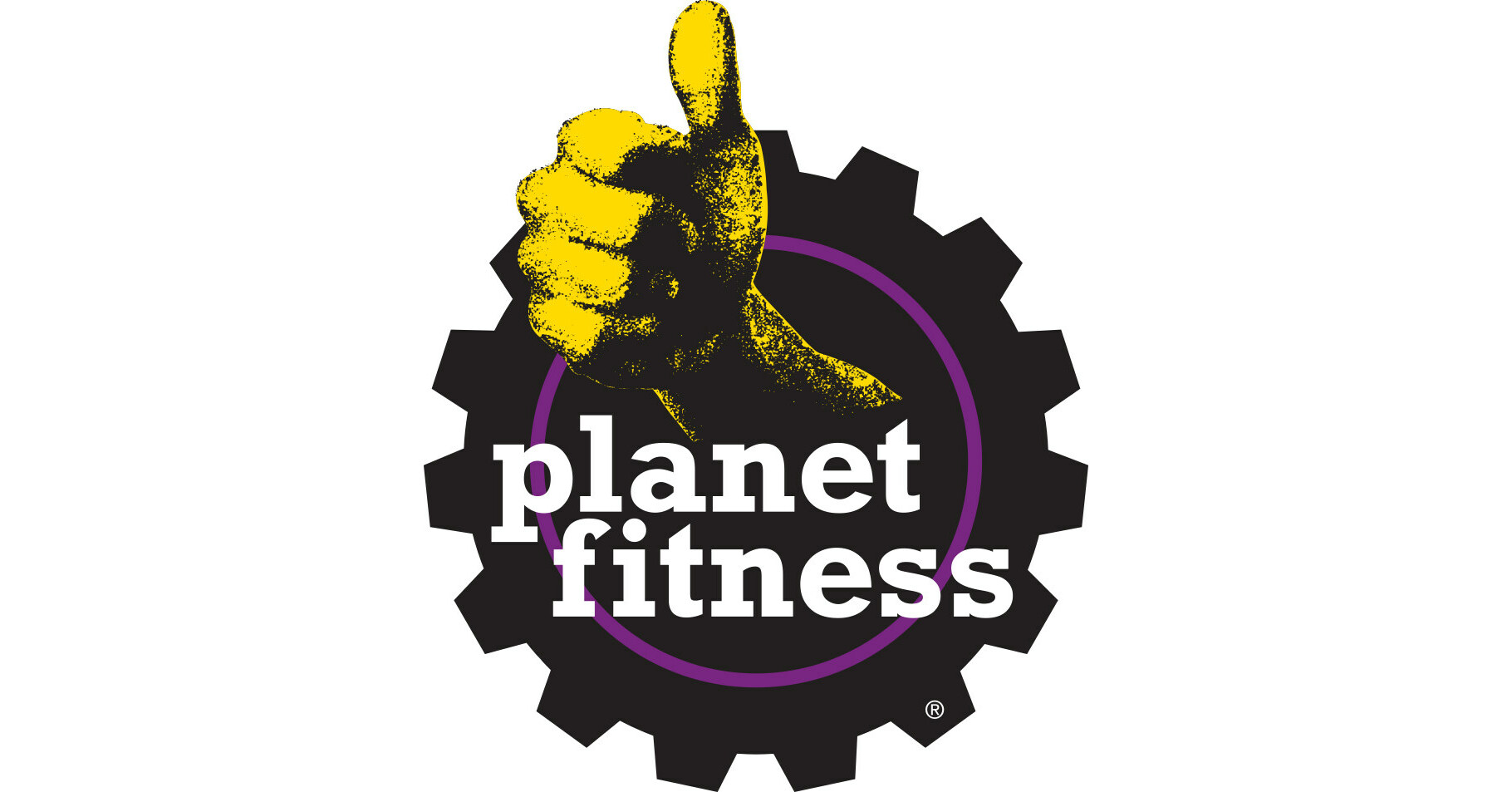On the latest episode of the “Impromptu” podcast, three Post Opinions columnists got together to talk about why air travel seems so miserable these days and what, if anything, can be done to make it better. This excerpt of their conversation has been edited.
Travel
Opinion | Those cheap airfares come with a huge cost

Charles Lane: We live in the age of the teaser price for almost everything, and I have to admit, I’m a sucker for the teaser price. When I see, “Oh, I can get to the West Coast for $59,” I click on that and then I realize, no, that’s not really what I’m going to pay.
Marc Fisher: This is a great economic experiment, because it shows that price is the determining factor, and we will take any indignity they throw at us to get another $8 off the fare.
Catherine Rampell: They are only competing on price, effectively, at this point. And I think airfares are actually remarkably cheap. Particularly when you inflation-adjust for whatever comparable tickets would have been a couple of decades ago. I can fly one way from New York to California, if I time it right, for like 100 bucks, 120 bucks. That is insanely cheap, when you think about everything that goes into that flight, everything that goes into making that trip happen.
So I think the issue is: That’s what consumers care about. They are sorting by price. If consumers cared about the other stuff, like how they are treated, or how comfortable the seating options were, then airlines would respond to that. But they don’t.
In the first decade of this century, airlines overall were losing money. They lost a lot of money. And at some point, around 10 or 15 years ago, there was this movement within the industry toward what has been called capacity discipline. That means, essentially, that they are flying much fuller flights. So, rather than selling only 80 percent of the flight, they’re selling close to 100 percent or sometimes over 100 percent, and they’re overbooking.
That’s very good for airlines, right? It’s good for their profits if the planes are full. It’s expensive to fly a half-empty plane. It keeps their costs down. That’s partly what enables them to keep offering cheaper and cheaper tickets.
Charles: If you ask me, personally, how the experience of flying has changed the most since I started flying 40 or 45 years ago, it would be that: You never get on a half-full plane anymore. Back then, it was quite common to be one of like 20 people on a flight. They have really, with the help of sophisticated computing and so on, they’ve really optimized what you call capacity discipline.
Catherine: But if something goes wrong, people get screwed. Because it’s not like you can just hop on the next flight where they have a bunch of empty seats. That’s why you get these big pileups and delays. If your flight gets canceled, you might have to wait not just hours, but potentially days, as we have seen with this recent CrowdStrike issue, because there just is not a lot of redundancy built into the system.
Marc: I spent 24 hours in the Seattle airport last winter for precisely that reason. They had nowhere to put us after a cancellation. It was a total mess. And I think that they actually do this sort of on purpose, because I think there is a perverse joy, or pleasure of some sort, that a lot of passengers get from being treated like dirt. Because it makes them think they’re getting a deal. If they were showering you with decent service and actually having customer service people at the airport during one of these giant pile ups, then you would think, well, they’re spending all this money on that. I could get a cheaper fare if I go to the airline that treats me like dirt.
Catherine: Do you seriously know anybody who likes being treated badly by airlines?
Marc: Jerry Seinfeld built an entire career out of airline jokes about exactly the stuff we’re talking about.
Catherine: But that’s because people hate it.
Marc: They love to hate it.
Listen to the full conversation here:










